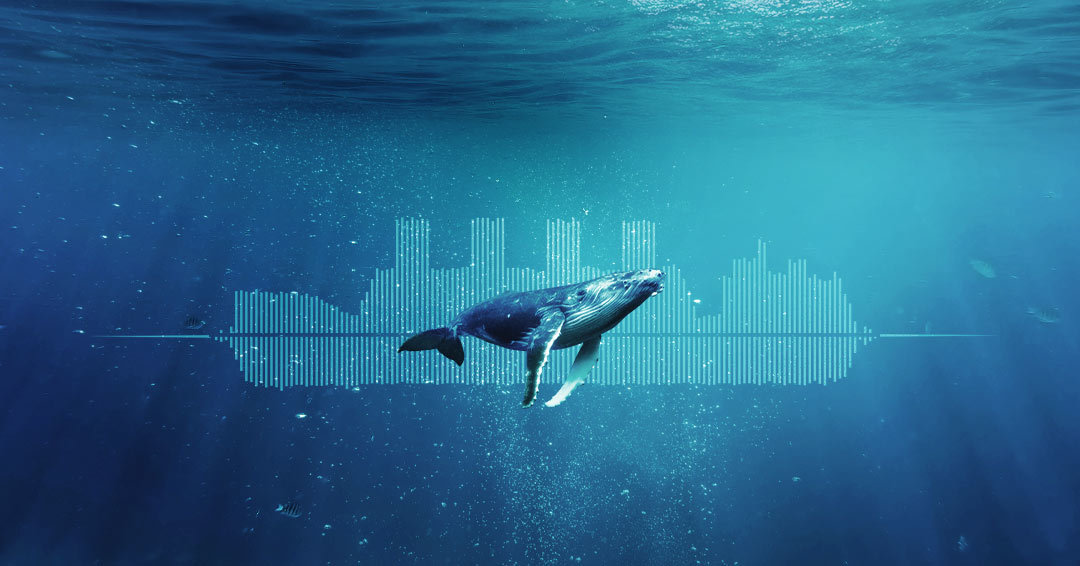Ocean Noise Reduction - Global
Saving marine life could be as easy as turning down the volumeEU takes historic step to protect marine life: mandatory limits on underwater noise pollution communicated to Member States
EU takes historic step to protect marine life: mandatory limits on underwater noise pollution communicated to Member States

(Brussels - 11 March 2024) Today, for the first time in the EU, the European Commission has set binding limits for underwater noise pollution. This is a step forward for the protection of marine life.
This development comes after years of intense advocacy efforts from IFAW and one year after a technical working group agreed on these limits to help Member States achieve Good Environmental Status for the ocean. These measures have been developed in the context of the EU Marine Strategy Framework Directive (MSFD) and should be used by Member States when they update their marine strategies under the MSFD, by October 2024., which IFAW believes is an excellent step towards the implementation of the MSFD and the protection of biodiversity in our oceans.
Underwater noise pollution is an ever-present and increasing challenge for the conservation of marine life and habitats. Globally, half of underwater noise is produced by the commercial shipping sector, which dominates background sound in the ocean. This constant din hinders marine animals from detecting and interpreting biologically important sounds. It can also change predator-prey interactions and community structure, compromise food web dynamics and stability, and risk ecosystem productivity and services.
Having advocated for binding measures on underwater noise for many years, IFAW believes the adoption of mandatory thresholds is a positive step towards addressing this pollutant, but must be complemented by effective, enforceable operational measures. The MSFD revisions represent the first and best opportunity to do this, and it is now up to the European Commission to provide clear guidance to Member States as to how to reduce underwater noise.
"Underwater noise pollution is a little known but growing threat to the health and lives of whales, dolphins and many other marine species. IFAW is calling for immediate action to turn down the noise and the implementation of Blue Speeds for commercial ships in European waters offers an immediate and straightforward solution," said Ilaria Di Silvestre, Head of EU Policy & Campaigns at IFAW.
IFAW’s Blue Speeds campaign calls on the EU to set a speed ceiling at 75% of the maximum design speed of commercial vessels in EU waters. This is the most viable and easily achievable practice the shipping industry can implement to respect the adopted thresholds. A recent study found Blue Speeds for vessels in EU waters could reduce noise pollution by 25% and the risk of ships colliding with whales by 23% and lower fuel consumption, CO2 emissions and air pollution from shipping by about 8% each.
“The recently revised EU Environmental Crime Directive recognises the threats of underwater noise pollution by including it in the list of criminal offences: this makes the impact of the thresholds communicated today even stronger. Implementing Blue Speeds would greatly help Member States to implement new underwater noise limits and the EU to honour international obligations,” said Di Silvestre.
Find more information on Blue Speeds here.
ENDS
Press Contact:
Jürgen Noack
Communications Consultant
+32 (0)470 48 49 05
jnoack.contractor@ifaw.org
Related content
Every problem has a solution, every solution needs support.
The problems we face are urgent, complicated, and resistant to change. Real solutions demand creativity, hard work, and involvement from people like you.